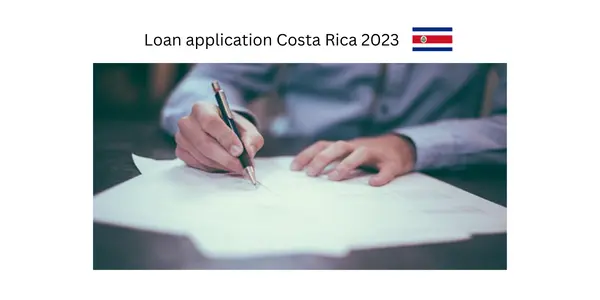Discover how to maximize your property's potential with Home Equity Insights with GapEquityLoans.com. Expert analysis for Costa Rica homeowners.

Understanding the Loan Application Process in Costa Rica
Understanding the loan application process for an Equity Loan
Are you considering applying for an equity loan in Costa Rica? It can be a great way to access funds for various purposes, from home improvements to emergency bills. But the process can seem difficult if you’ve never done it before. In this article, we’ll go over the key steps you need to take to understand the loan application process in Costa Rica.
Understanding the Borrower and Loan Repayment
The first step in obtaining an equity loan is understanding who the borrower is and how the loan will be repaid. This information is crucial in determining the amount of debt the borrower can service. While many believe that a loan secured by an asset shouldn’t be a concern, avoiding foreclosure and preventing the borrower from losing their property is essential.
At Gap Equity Loans, we work with private lenders who share our philosophy of avoiding foreclosure. We want to help you get the funds you need while ensuring a fair and sustainable lender-borrower relationship.
Assessing Collateral
Since equity loans are asset-based loans, understanding the collateral is a critical step in the loan application process. If you have a less-than-perfect track record, don’t worry. At Gap Equity Loans, we analyze everything through our due diligence process. We’ll help you address any issues and resolve them as quickly as possible.
When assessing collateral, we’ll take into account factors such as tax issues, existing loans, and payment history. It’s better to volunteer this information upfront than for us to find out on our own. This way, we can address any issues and help you get the loan you need.
Avoiding Common Mistakes
One of the most common mistakes we’ve seen in the past is incomplete loan application forms with few to no pictures. This can cause delays in the loan application process and make it harder for us to determine if the borrower can make the loan payments. It’s essential to provide all necessary information upfront and be honest about the property’s condition.
A site inspection is another critical step in the equity loan application process. We’ll inspect the property to ensure it meets our private lenders’ security requirements. Neglected properties, such as those with an unkempt lawn or a rundown house, can affect the loan-to-value ratio (LTV). This ratio determines whether the loan is worthwhile, and it’s crucial to present the property honestly and clearly.
Final Thoughts
At Gap Equity Loans, we’re committed to providing our borrowers with the funds they need while ensuring a fair and sustainable lender-borrower relationship. When applying for an equity loan in Costa Rica in 2023, it’s essential to provide all necessary information upfront, be honest about the property’s condition, and avoid common mistakes. With our help, you can get the funds you need quickly and easily.
*Loan Request Form
Article by Glenn Tellier (Founder of CRIE and Grupo Gap)




